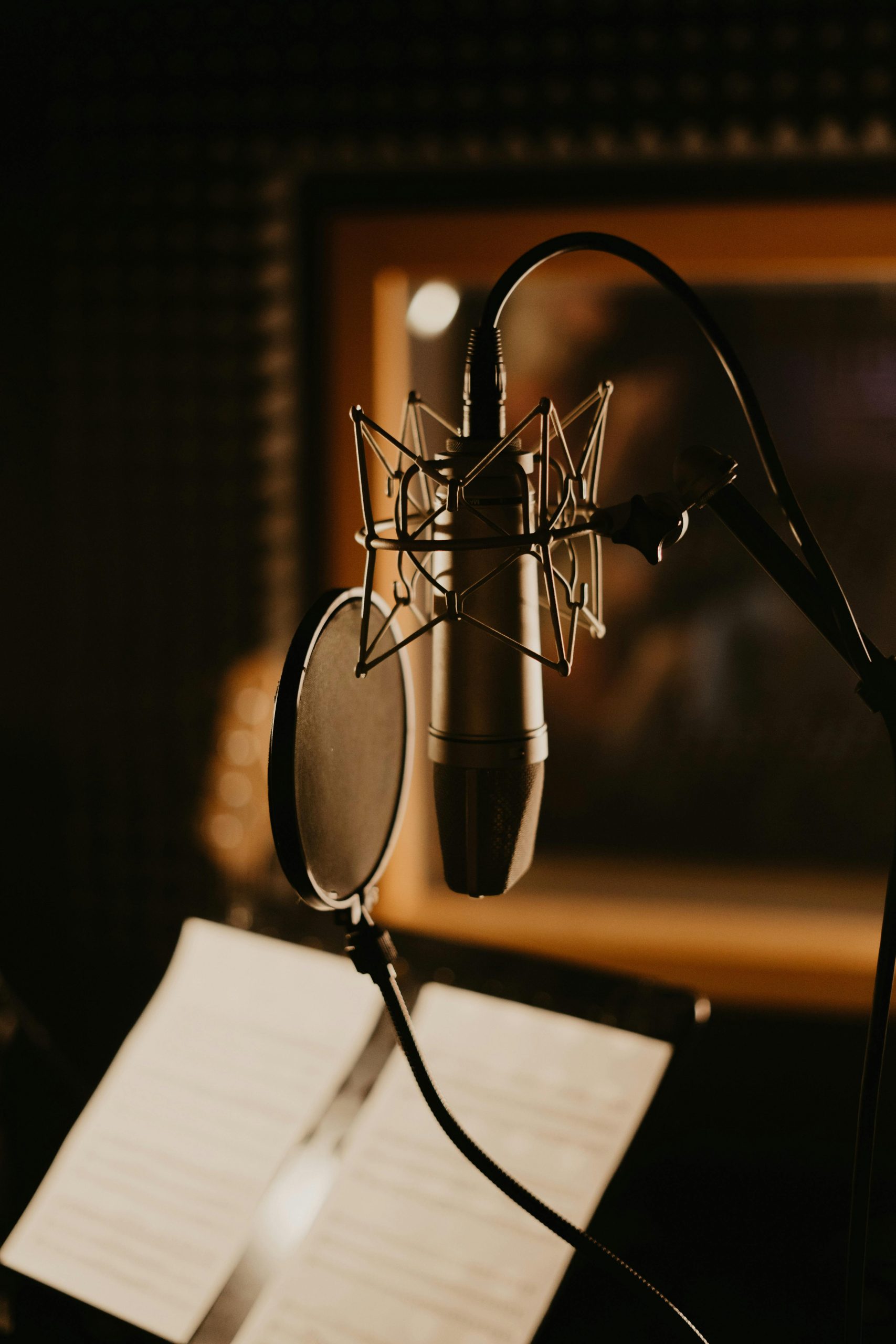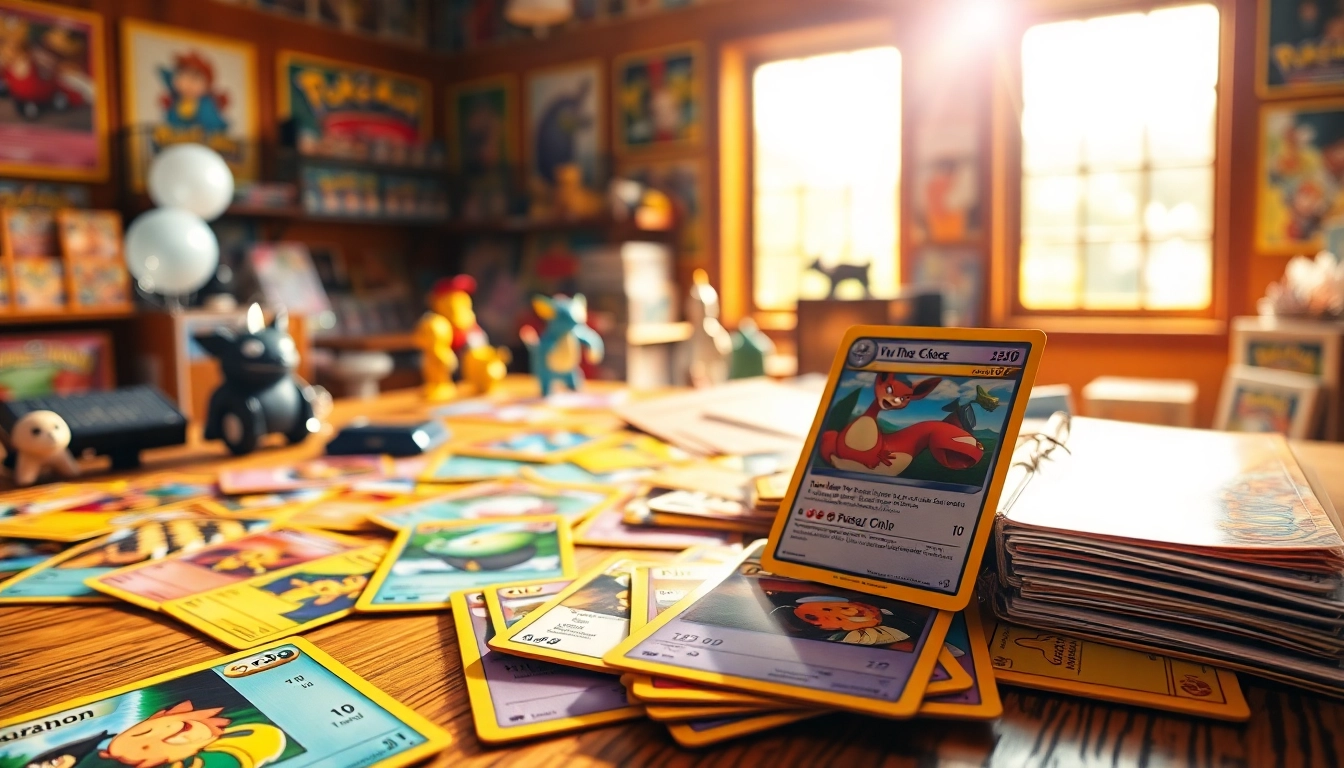Breaking into the music industry requires more than just talent—it demands strategy, connection, and a personal touch. That’s where music pitching becomes essential. Whether you’re an emerging artist, indie label, or manager, mastering the art of music pitching can determine whether your song lands on a major playlist or remains undiscovered. But here’s the secret: robotic outreach doesn’t work. Humanized, thoughtful music pitching tactics make the real difference.
Below are 25 proven music pitching tactics that are not only effective but also feel genuine and authentic.
1. Know Who You’re Pitching To
Before you start music pitching, research the curator, blog, or label. Tailor your message to show you understand their brand and musical taste.
2. Personalize Every Message
Generic emails are easy to ignore. Customizing each pitch demonstrates care—a cornerstone of human-centered music pitching.
3. Use the Right Subject Line
The subject line is your first impression. Keep it clear and personal. Mentioning genre, vibe, or prior connection boosts open rates in music pitching.
4. Don’t Send Attachments
Instead of attachments, include streaming links. It makes your music pitching more professional and keeps emails lightweight.
5. Optimize Your EPK
An up-to-date, easy-to-navigate electronic press kit (EPK) strengthens your music pitching credibility.
6. Focus on Your Best Track
Avoid pitching multiple tracks in one message. One great song is more compelling and effective for music pitching.
7. Include a Brief, Engaging Bio
Curators appreciate context. A concise bio adds depth to your music pitching without overwhelming the reader.
8. Use Professional Formatting
Well-structured emails show professionalism. A clean layout makes your music pitching easier to read and more likely to be taken seriously.
9. Keep It Short and Sweet
Don’t write essays. Respect their time. The best music pitching emails are brief but packed with value.
10. Follow Submission Guidelines
Always follow a platform’s specific instructions. Not doing so can get your music pitching automatically rejected.
11. Pitch Before Release Date
Pitch at least 2–4 weeks in advance. Timeliness is a major factor in successful music pitching.
12. Highlight Key Achievements
Mention press features, sync placements, or playlist adds. These details support your music pitching with social proof.
13. Include Social Media Links
Let curators see your online presence. A strong digital footprint can enhance the success of your music pitching.
14. Tell the Story Behind the Song
A brief origin story makes your pitch more relatable. Emotional connection is a game-changer in music pitching.
15. Avoid Mass Emails
BCC emails are easy to spot and often ignored. Personal touches always win in music pitching.
16. Use the Artist’s Voice
Write as yourself or in the artist’s tone. Authenticity resonates more than a generic press release in music pitching.
17. Don’t Overhype
Keep it honest. Inflated claims can backfire in music pitching, especially with seasoned curators.
18. Use Data Wisely
Mention your listener stats when relevant, but don’t overdo it. Use analytics to strengthen—not replace—your music pitching narrative.
19. Follow Up Thoughtfully
A polite follow-up after a week or two is fine. Aggressive follow-ups can hurt your chances in music pitching.
20. Offer Exclusive Content
Pre-release listening or private links can add value to your music pitching and intrigue the recipient.
21. Mention Mutual Connections
If you have a shared contact, say so. A mutual link can open doors in music pitching.
22. Respect Their Time
Be respectful, even if you don’t get a response. Building relationships is a long game in music pitching.
23. Use the Right Platforms
SubmitHub, Groover, and Playlist Push are good tools—but use them wisely. Combine them with direct music pitching for best results.
24. Track Your Pitches
Keep a spreadsheet to track outreach and responses. Strategic follow-up is key to long-term music pitching success.
25. Always Say Thank You
Gratitude goes a long way. Even if a pitch gets declined, thanking the recipient strengthens future music pitching opportunities.
Conclusion
Effective music pitching isn’t about blasting emails or copying and pasting messages. It’s about making real connections, respecting gatekeepers’ time, and offering genuine value. With the right approach, music pitching transforms from a cold transaction into a meaningful dialogue that builds careers. By humanizing your outreach and applying these 25 tactics, you can turn your music pitching into a powerful engine that opens doors, earns respect, and ultimately gets your music heard by the right people. Keep it honest, keep it personal, and stay consistent—your music pitching efforts will pay off.



